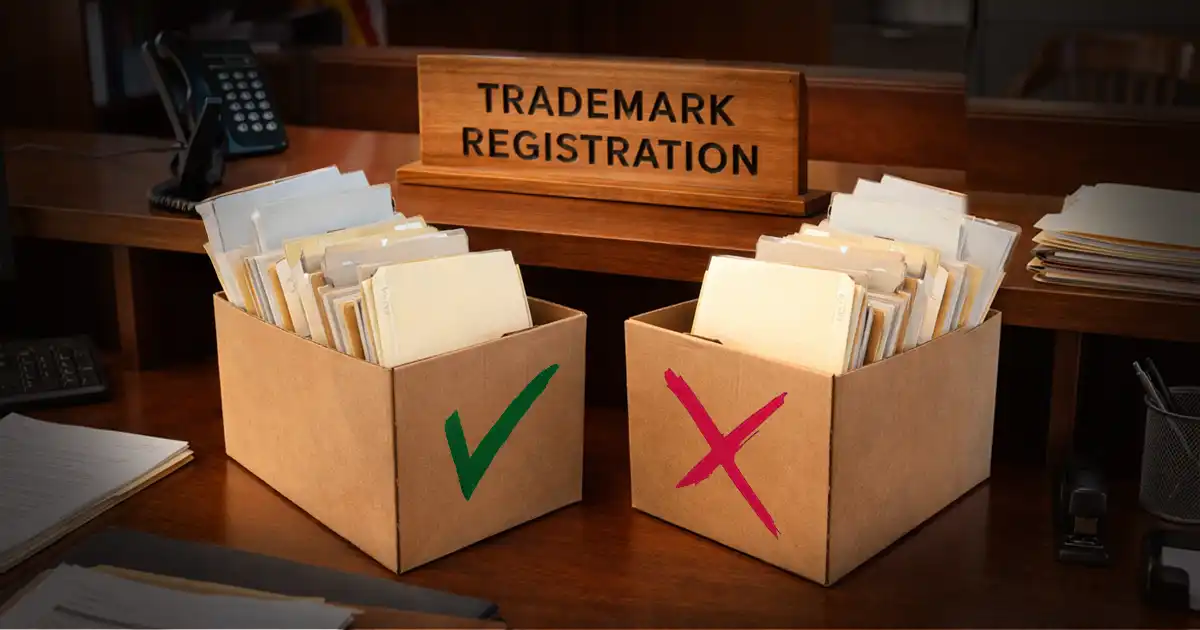A cheque bounce, also known as a dishonored or returned cheque, happens when a bank declines to process a cheque submitted for payment. This usually occurs because the payer's account has insufficient funds to cover the cheque's amount. Nevertheless, other factors, such as incorrect details (e.g., date, signature, or account number) or a damaged cheque, can also lead to a cheque bouncing.
What is a Cheque Bounce Notice?
A cheque bounce notice is a legal notice you receive when a cheque you issued fails to clear, usually due to reasons like not enough money in your account or wrong details. The person who didn’t get the payment sends you this notice, asking you to pay the amount within 15 days. If you don’t pay on time, they can file a legal case against you under the law. So, it’s important to act quickly and settle the matter.
Why Does a Cheque Bounce?
A cheque bounces when the bank doesn't clear it, which means the payment doesn’t go through, and the cheque is sent back to the person who tried to deposit it.
This happens when the issuer's account lacks sufficient funds, the signature doesn't match the one on file, or there are other issues like a damaged or incorrectly dated cheque.
- Insufficient Funds: The most common reason is when the account holder doesn't have enough money to cover the amount written on the cheque.
- Signature Mismatch: If the signature on the cheque doesn't match the signature on file with the bank, it will be rejected.
- Incorrect or Incomplete Information: Errors like a wrong date, payee name, or the amount written in words that do not match the figures can also cause a bounce.
- Overwriting or Alterations: Any changes or overwrites on the cheque, unless properly authenticated with the issuer's signature, can lead to rejection.
- Stale Cheque: A cheque presented after three months from the date of issue is considered stale and won't be honored.
- Other Issues: A damaged cheque, an account closure, or a stop payment instruction from the issuer can also result in a bounced cheque.
Consequences of a Bounced Cheque
- Fees: Banks typically charge fees for bounced cheques, both to the issuer and potentially to the payee.
- Reputational Damage: Repeated bounced cheques can damage a person's or business's reputation and make it harder to get credit or conduct future transactions.
- Legal Action: In some cases, bouncing a cheque can lead to legal consequences, especially if it's due to insufficient funds and the payee chooses to pursue legal action.











